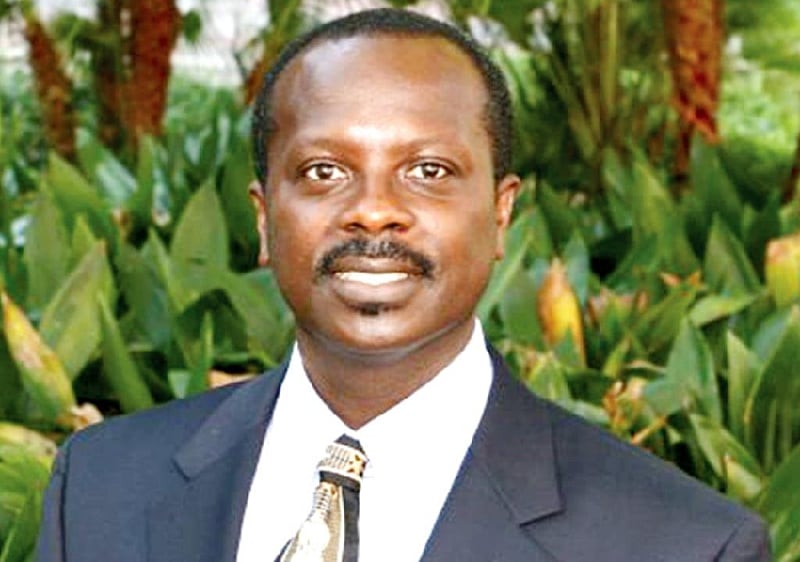Professor Stephen Kwaku Asare, a US-based Ghanaian lawyer, has expressed deep concern regarding the Electoral Commission’s (EC) decision to order a re-run of the election at a polling station in the Dome Kwabenya constituency. The basis for this decision—the use of training sheets instead of official statement of poll forms—has sparked debate about prioritizing procedural adherence over the substantive will of the voters. Professor Asare argues that while adherence to procedures is important, the EC’s rigid approach in this instance undermines the fundamental principle of reflecting the true will of the electorate, a principle upheld by Ghanaian courts, including the landmark Akufo-Addo et al. v. Mahama et al. case. He contends that the EC’s decision sets a dangerous precedent, potentially disenfranchising voters and eroding public trust in the electoral process.
The core of Professor Asare’s argument revolves around the concept of balancing procedural integrity with fairness and equity. He criticizes the EC’s decision as prioritizing form over substance, arguing that if the results declared on the training sheets are accurate and verifiable, rejecting them solely due to the incorrect form used is akin to “throwing the baby out with the bathwater.” He suggests that a more appropriate course of action would have been to verify the results and subsequently re-declare them using the correct forms. This approach, he posits, would have upheld both procedural correctness and the electorate’s trust in the system. The current decision, however, gives the impression that the EC is more concerned with strict adherence to procedure than with ensuring a transparent and equitable outcome, potentially jeopardizing the very essence of democracy.
Professor Asare draws upon legal precedent and traditional wisdom to bolster his argument. He cites the consistent rulings of Ghanaian courts, emphasizing the paramount importance of the people’s will, which should not be nullified by mere procedural lapses. He also invokes Akan proverbs to illustrate the need for flexibility and adaptability within electoral processes. He argues that clinging rigidly to procedures in the face of human error, without exploring avenues for verification and correction, sets a dangerous precedent. This rigidity, he cautions, could lead to situations where inadvertent technical missteps override the sovereign will of the people—a principle considered sacrosanct in any democratic system.
Furthermore, Professor Asare highlights the inherent complexities of elections and the inevitability of occasional procedural errors. This is precisely why, he explains, multiple redundancies and safeguards are built into the electoral process to ensure the integrity of the results. The EC’s decision, he argues, disregards these safeguards, opting for an inflexible approach that prioritizes procedural perfection over substantive fairness. He emphasizes that the voters, having fulfilled their democratic duty in good faith, should not be penalized for procedural errors committed by election officials. Holding the electorate accountable for mistakes beyond their control undermines the principles of fairness and justice that elections are designed to uphold.
Professor Asare’s critique extends to the potential consequences of the EC’s decision. He argues that rejecting election results based solely on procedural errors, without exploring alternative verification methods, sets a dangerous precedent. It creates a scenario where minor technicalities can outweigh the expressed will of the people, undermining the foundation of democratic representation. He underscores that the responsibility for procedural errors rests with the commission, not the voters. Penalizing the electorate for such errors not only disenfranchises them but also erodes public trust in the integrity and fairness of the electoral process.
In conclusion, Professor Asare advocates for a more balanced approach from the Electoral Commission. He stresses the importance of upholding procedural integrity while simultaneously ensuring fairness and equity. He calls for the EC to prioritize the will of the people, as consistently upheld by Ghanaian courts, and to explore all available options for verification and correction before resorting to drastic measures like ordering a re-run of an election. He emphasizes that flexibility and adaptability are essential in managing the complexities of elections and maintaining public trust in the democratic process. The EC’s decision, in his view, represents a missed opportunity to demonstrate a commitment to both procedural correctness and the fundamental principles of fairness and democratic representation.














